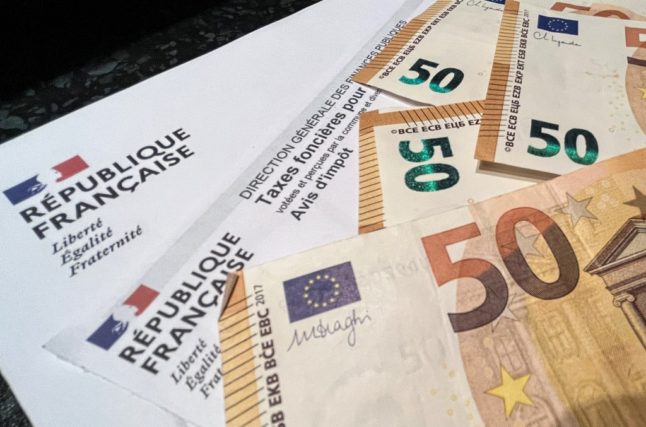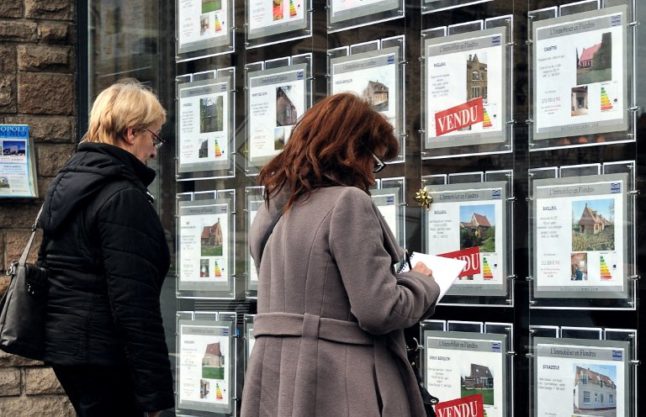Question: I’m not resident in France but I own property here and have been told that I need to fill in a new property tax declaration, and will need to open an account on the French tax website in order to do so. Does this mean I will have to pay extra taxes?
This question relates to the Déclaration d’occupation which applies to everyone who owns property in France (including second-home owners who do not live in France) – a one-off declaration that is a new requirement this year. All property owners are required to state whether their property is their main home or a second home.
For those living in France this is pretty straightforward as they will likely already have an online tax account, and can complete the whole process in a couple of clicks – full details here.
Second-home owners may not have a tax account so will have to set one up – find instructions on how to do that here.
Property tax declaration – your questions answered
But will setting up the account lead to paying more taxes?
A little disclaimer here, we are in no way a spokesman for the French tax office and have no knowledge of any future plans that might be being hatched at the finance ministry. We can only go on the current, publicly available information about the property tax declaration.
The stated aim of this is simple – to ensure that the tax office has an up-to-date record of whether a property is used as a main residence or a second home.
The reason for this is changes to the tax system – taxe d’habitation (the householders’ tax) is being gradually phased out for everyone apart from high earners and second-home owners. The tax office therefore needs to know whether a property is a main home or a second home so that it knows whether to send out a taxe d’habitation bill or not.
Taxe foncière (the property owners’ tax) remains in place, so second-home owners will continue to pay both taxe foncière and taxe d’habitation.
So will registering for an online tax account make a difference to your property tax bill? No, property taxes are decided based on a range of factors including the value of your property, locally set tax levels and whether it is used as a main home or second home.
Will registering for an online account make you liable for any other taxes? No, your tax liabilities in France are based on other things including the amount of time you spend here and what, if any, income you have here.
You can find a full explanation HERE on whether you need to complete the annual income tax declaration – not completing a declaration when you are required to do so if an offence. It’s important to note, however, that completing the income tax declaration does not necessarily mean you will have to pay income tax in France.
Will property taxes rise in the future? We really cannot predict that, but it’s not impossible. One thing is certain, however, failing to make a property tax declaration will cost you.



 Please whitelist us to continue reading.
Please whitelist us to continue reading.
Member comments